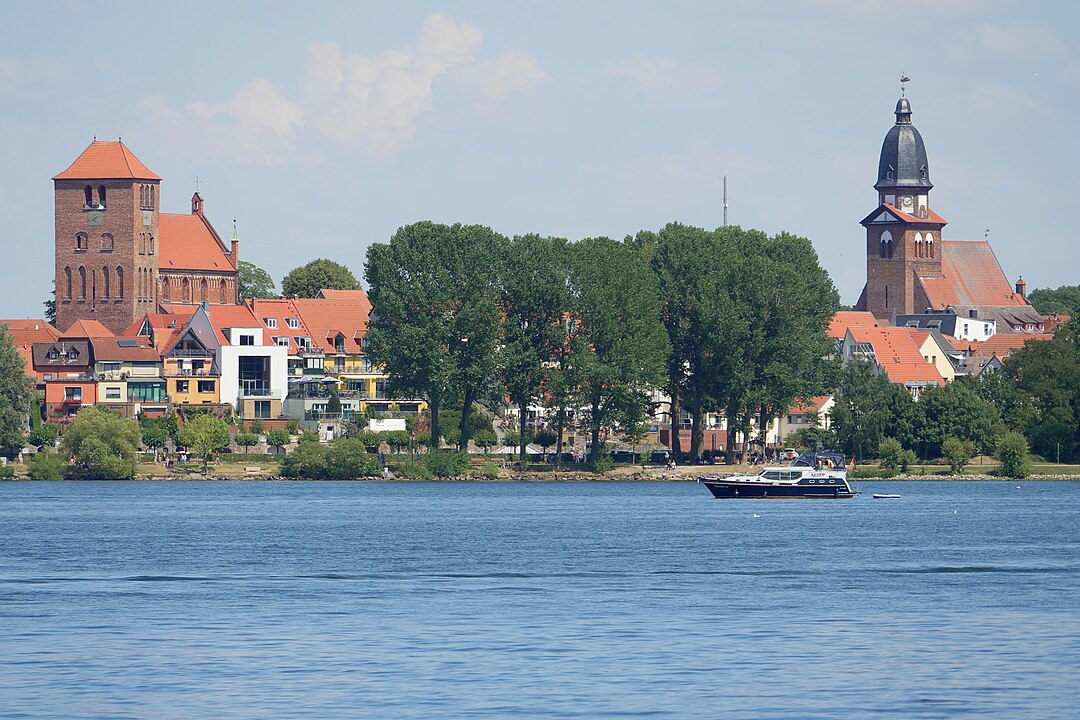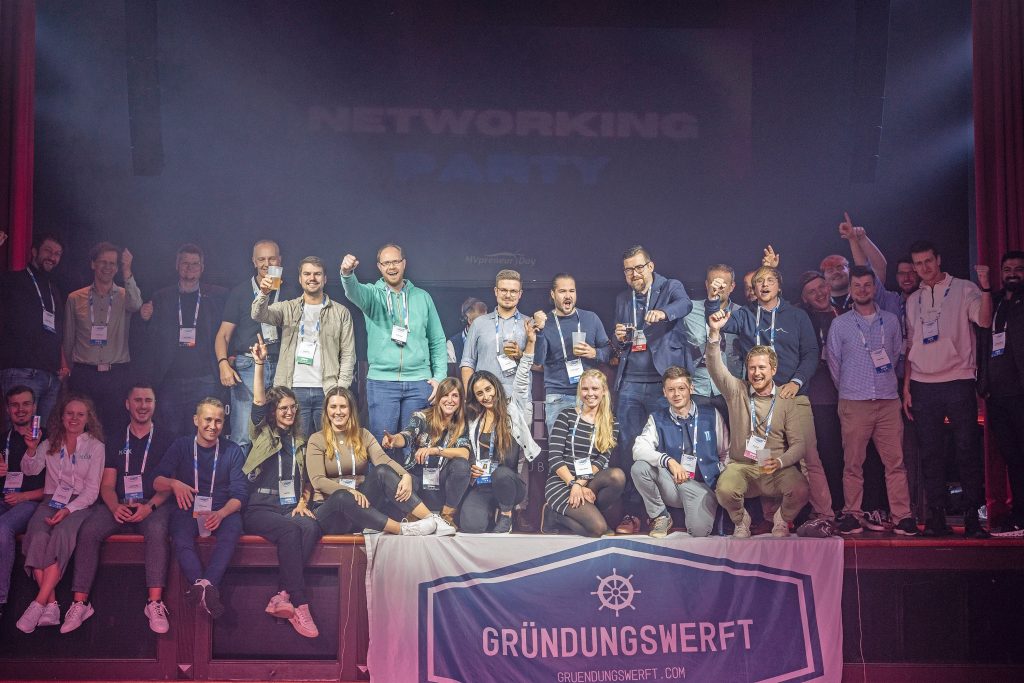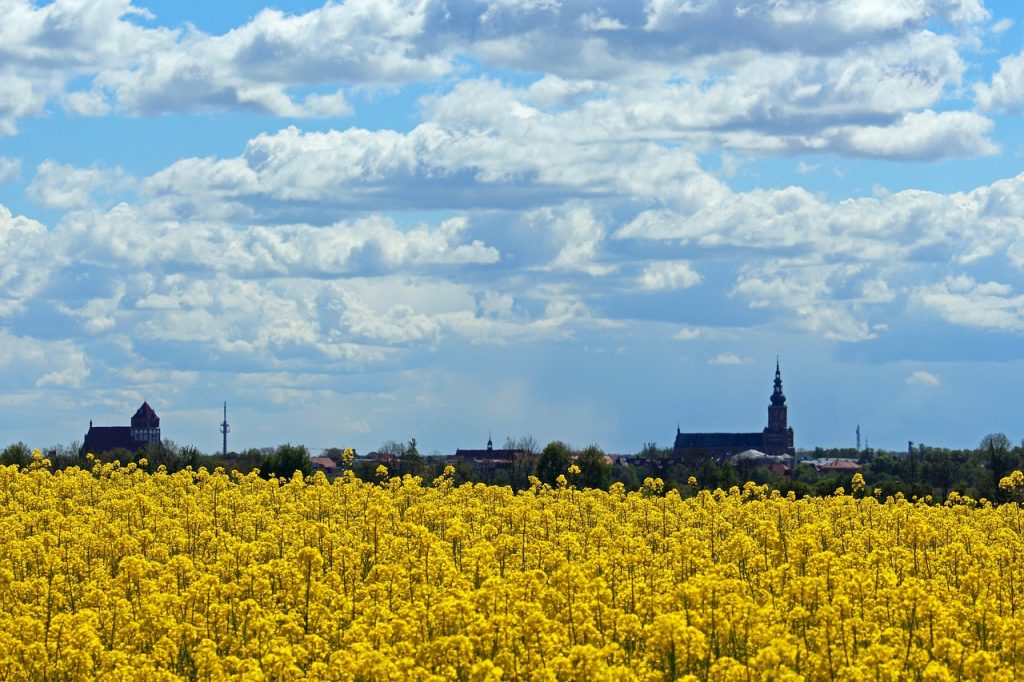

Large cities have several location advantages that arise due to clustering and concentration. But can rural areas catch up? What would that look like?
If rural areas were to develop similar structures to large cities, a different ranking would result. The prerequisite would be that infrastructure and community are equally accessible everywhere.
1️⃣ Berlin: 3.4 million inhabitants
2️⃣ Hamburg: 1.8 million inhabitants
3️⃣ 𝗠𝗲𝗰𝗸𝗹𝗲𝗻𝗯𝘂𝗿𝗴-𝗩𝗼𝗿𝗽𝗼𝗺𝗺𝗲𝗿𝗻: 1.6 million inhabitants
4️⃣ München: 1.5 million inhabitants
Why are the hubs in Germany actually so ahead when it comes to StartUps and founding?
In urban centers, many components that make up a successful startup scene are concentrated. On the one hand, there are many talents (including founders, artists, craftsmen, researchers, students, and many others), meeting places, companies, as well as a growing infrastructure of supporters, hubs, coworking spaces, and so on.
Especially in Berlin and Hamburg, this results in a collection of creative startup locations that, due to their spatial proximity, create an (sometimes almost chaotic) organism that brings many people to found and creates scaling opportunities. And so, the concentrated population often forms a perfect basis for many inspiring minds to work on the ideas of tomorrow.

Time for the rural area
The founding shipyard as one of the largest North German founding initiatives shows: It is absolutely possible to integrate an entire federal state with an enormous diversity into a community that not only follows Hanseatic values, but also enables a broadly supported goal-oriented approach. Maybe this has even more potential?
Of course, this also requires lighthouses, such as our university and college locations – without question. But these hubs are not our only strength. It is the overall integration and cooperation between cities and countryside. Organic. Community-driven.
It is the approach that we think of infrastructure and community for the entire region. With the great advantages that result from the availability of a lot of space and land.

And now we say: Congratulations!
We then don’t have to compare individual locations (such as Rostock with 210,000 inhabitants) to Munich, but rather we’re going into cooperation (or even competition) with the entire power of a whole federal state. Perhaps even a bit more structured and communal than it is elsewhere.
Equal to you in Mecklenburg-Vorpommern, you have access to your scene and your infrastructure.
